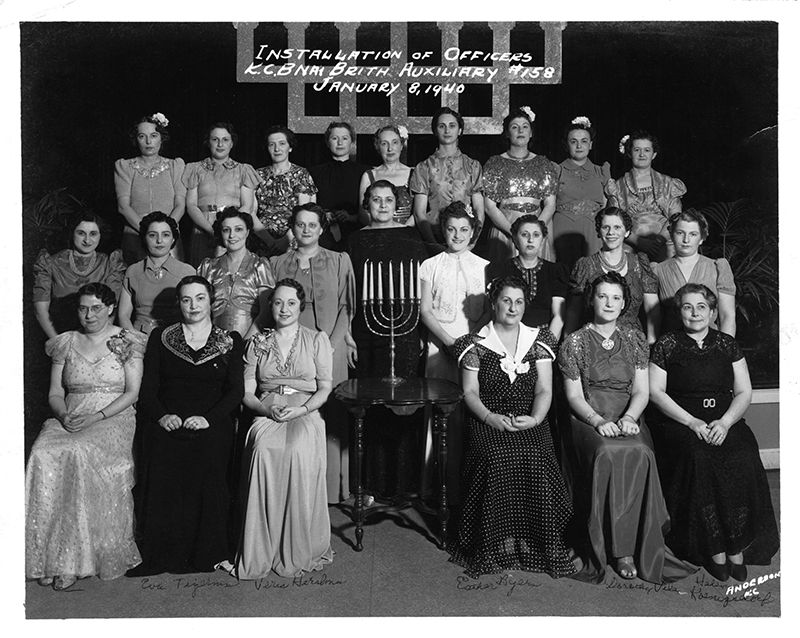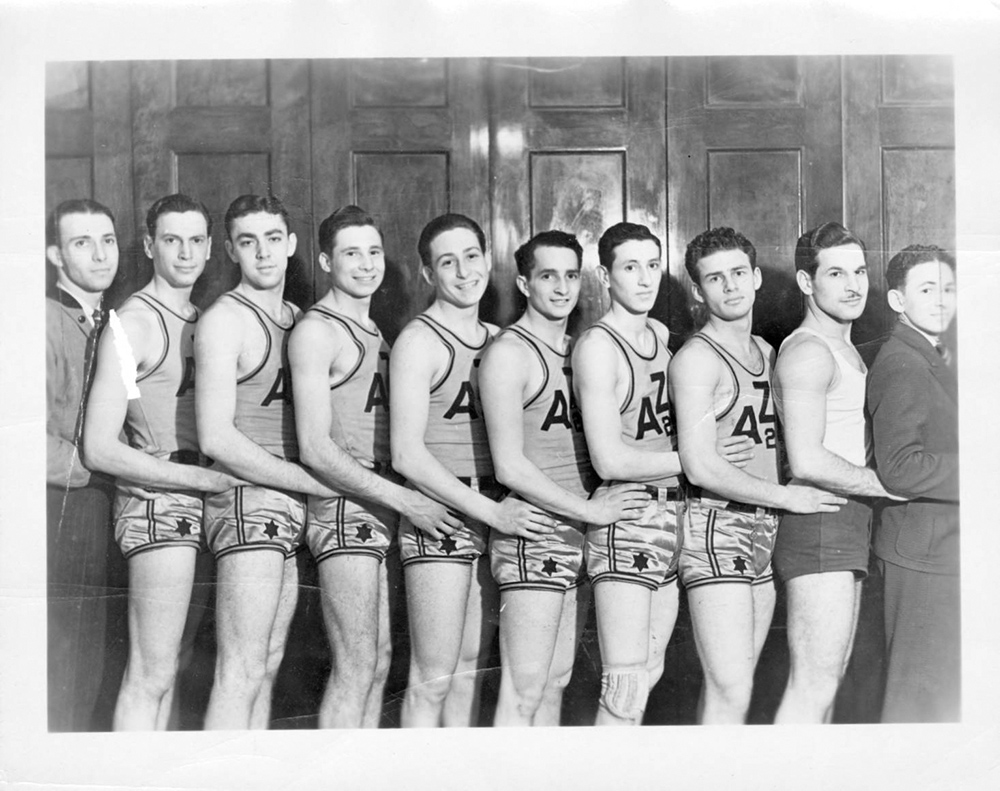Organizers of a project to digitize the Kansas City Jewish community’s history and create a searchable website for the information have raised more than $50,000 to fund the project and are making progress on building the website.
Three leaders in Kansas City’s Jewish community — Andrew Kaplan, Alan S. Edelman and Dr. Norman Kahn — are overseeing the project, called the Kansas City Jewish Community Digital Archive. As of early this year, they had raised about $40,000 for the effort.
The leaders have raised enough for the initial phase of the project, but future costs remain unclear with questions remaining about the required functionality of the site.
The State Historical Society of Missouri at the University of Missouri-Kansas City has committed to participating in the project by providing content from the Jewish Community Archives of Greater Kansas City, which is housed with the historical society at UMKC. Talks with the historical society started last year at the beginning of the COVID-19 pandemic but were paused because of funding cutbacks, Edelman said.
Boxes containing uncatalogued Jewish community records occupy more than 1,000 cubic feet of space at UMKC. The historical society is considering hiring someone to go through the collection and decide what is appropriate for the digital archive.
Meanwhile, work on building the website, digitizing content and sharing information with the historical society is proceeding.
The archive will include 100 years of digitized paper content, mainly from The Chronicle, and video content mainly provided by Kahn’s mother, Sybil Kahn, from interviews with historical figures from Kansas City’s Jewish community, mostly in the garment industry. The organizers will work with individuals who want to donate content to determine what is appropriate to include in the archive.
Congregations and Jewish agencies would provide content and maintain it on the website free of charge, Kaplan said.
The key to the project is that the website will enable narrow information searches to make it easier for people to find what they are looking for, he said.

“That’s the power of this process,” he said. “There’s a communal orientation to this process. Everybody has their piece and their piece will add up to the whole. This is the city’s content; this is not ours. And we’re making it available to all.”
The idea for the digital archive arose in early 2000 during an advertising discussion between The Chronicle and Commerce Bank, where Kaplan is an executive vice president.
He and then-Chairman Jonathan Kemper took part in the conversation. They were discussing a special publication celebrating the newspaper’s 100th anniversary. That led to the idea of digitizing for posterity all 100 years of The Chronicle.
Kaplan also learned that several years ago the Barton P. and Mary Davidson Cohen Charitable Fund had paid to have all the newspaper’s back issues through 2010 put on microfiche. It is available through the Johnson County Library.
Then the team started thinking about forming partnerships with other repositories, including the Jewish Community Archives. Some of it is digitized and available online, including family papers, Jewish Community Center records and Hyman Brand Hebrew Academy scrapbooks.
The digital archive is being built on the efforts of those who created a Jewish community archive starting in the 1970s but didn’t have the technology available today, Kaplan said. He, Edelman and Kahn hope to take the website live by early fall with content at least including all The Chronicle’s issues and all the material already in electronic format from the Jewish Community archives.
The project provides an opportunity “to bring history back to the forefront” and “family lore back to the front end … and (let) people search their families, their organizations and the history of Kansas City and the world of the Jewish movement, because it’s all there,” Kaplan said.
Those interested in donating personal papers or collections of organizational or business records can contact Edelman at .
By Jerry LaMartina,
Contributing Writer




